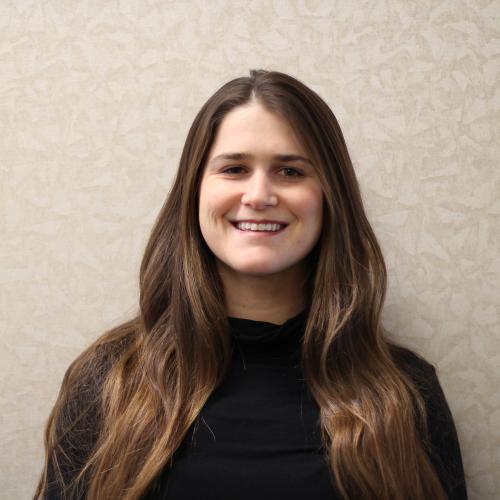
Before coming to Duke University School of Nursing, I worked a fast-paced corporate business job for three years. I came to the point in my life where I knew I didn’t want to sit at a desk for the next thirty years making rich people richer. After taking some time off to reassess what I wanted to do with my future, I unexpectedly spent 24 hours in the hospital with my sister for an emergency appendectomy. After interacting with and observing the nurses, I realized that nursing would be a career that would be sustainable and fulfilling and once I started researching the field of nursing deeper, I quickly became certain this was the path I wanted to pursue.
During my on-campus visit during Duke Days, I realized that DUSON was like no other nursing school. After a day of presentations, it was clear how greatly the faculty and staff invested in DUSON and its students. At the end of the day, a question was posed: “Who wants to become a nurse leader in the nursing profession and change lives? If that’s you, this is why you should choose Duke” that resonated with me. I could not think of one reason why I shouldn’t take advantage of the best opportunity I had been presented.
DUSON goes above and beyond in weaving experiences throughout the curriculum that students can carry into our future nursing practice. From wellness courses focused on the current U.S. trend of addressing a patient’s wellness in all stages of life to therapeutic communication that allows us to navigate patient conversations when discussing difficult topics, I know DUSON is preparing me to be the best future nurse I can be. Through experiences like Blind Industries in Raleigh and simulated patient consultations at Duke University Medical School, we become more comfortable with broaching topics of wellness.
One of the aspects I love most about DUSON is the fact that faculty teach a holistic approach to nursing, focusing on the patient as the center of care. They facilitate us finding a balance between staying on top of evidence-based practice, while always going back to the age-old Florence Nightingale principles of holistic, patient-centered care.